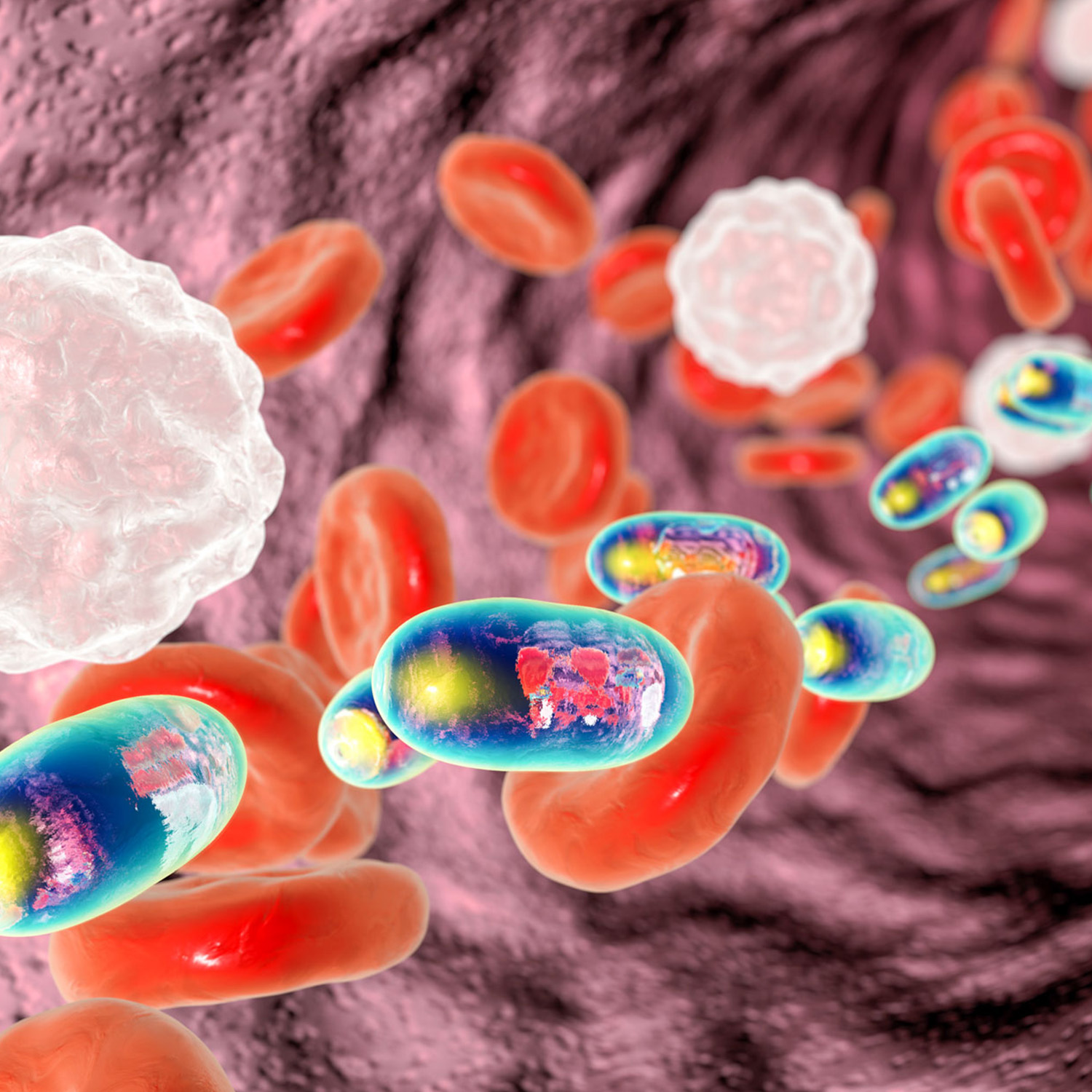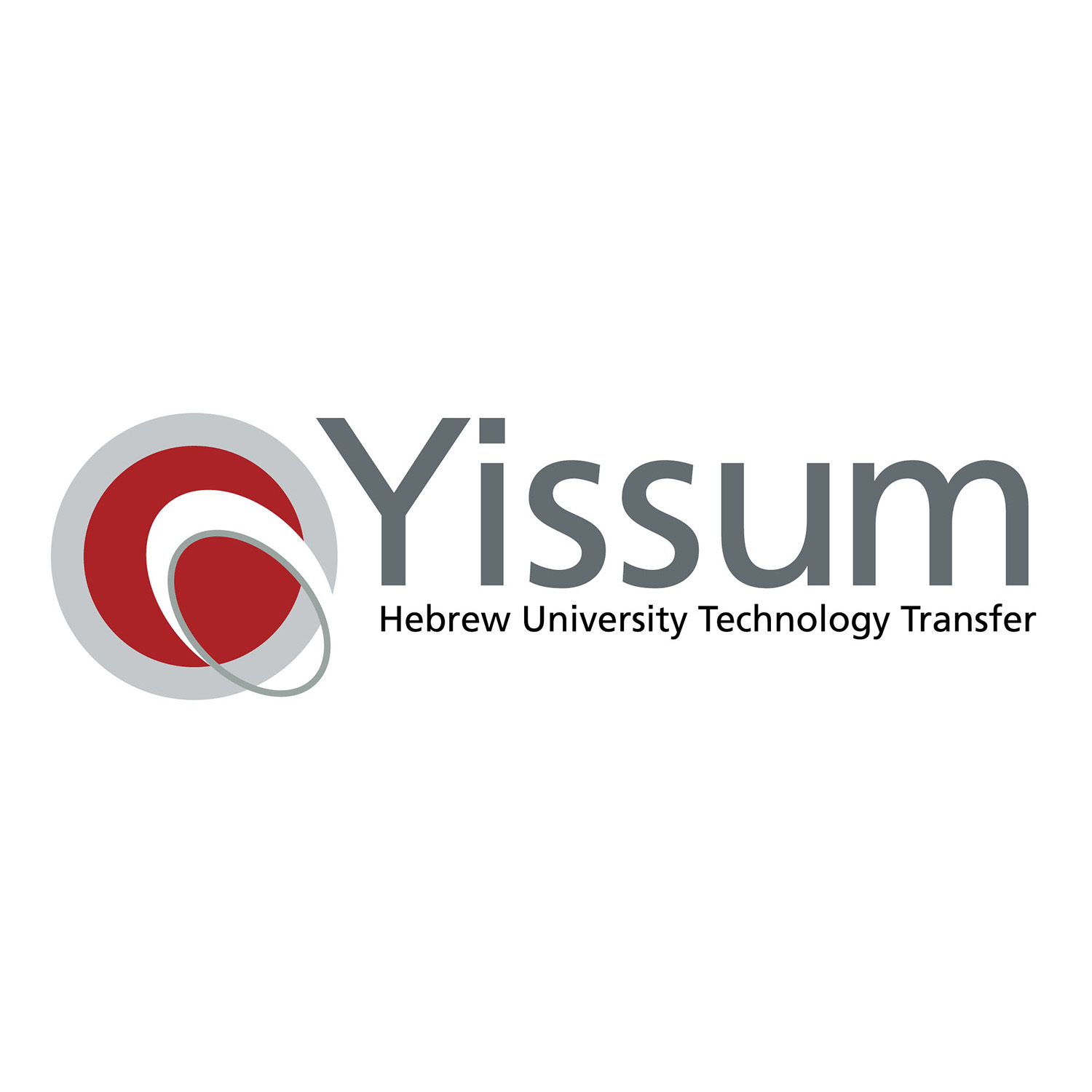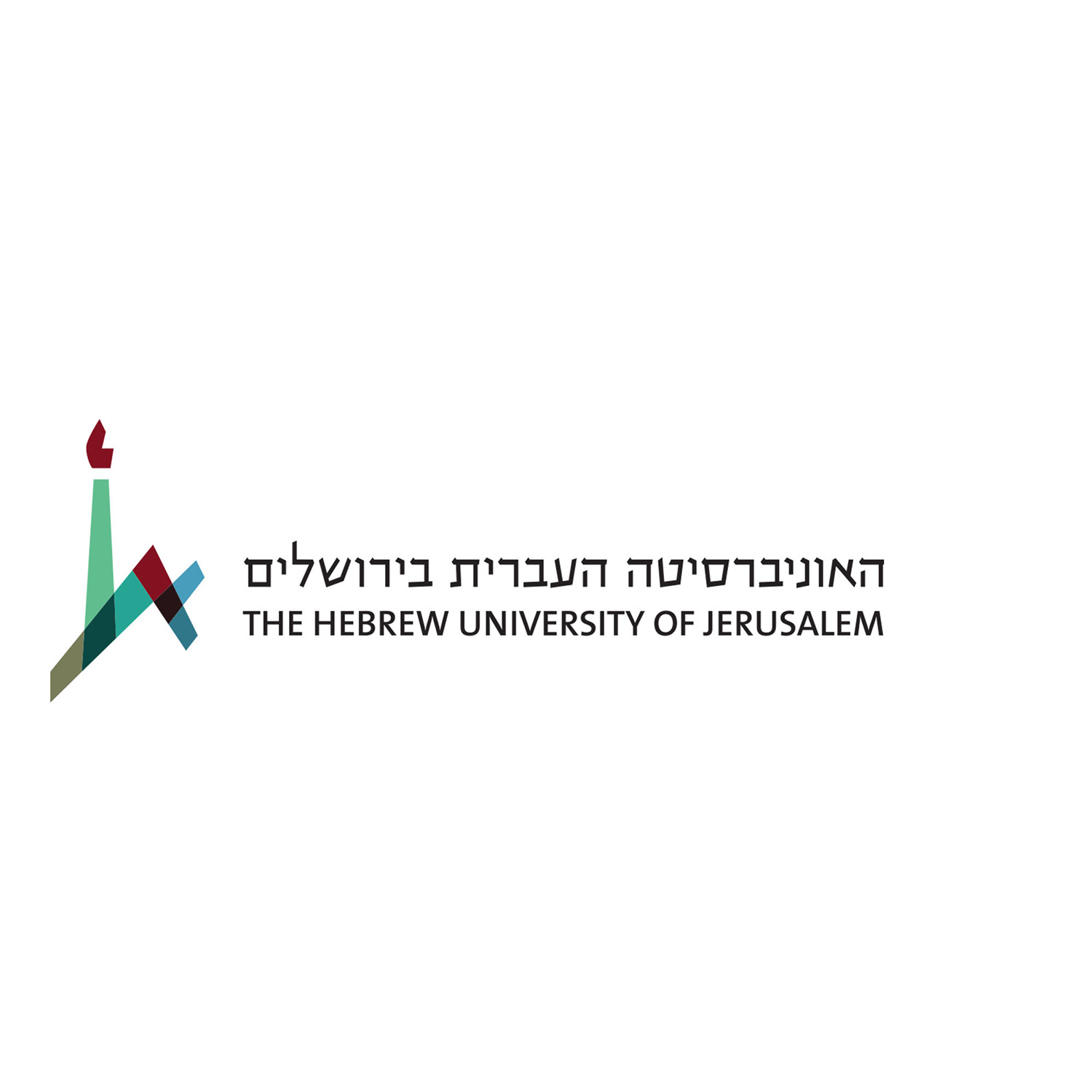In recent years, more and more countries around the world have moved to legalise medicinal cannabis. This comes after decades of prohibition – not only on its recreational and therapeutic use, but on research.
Israel was one of the first countries to acknowledge the potential therapeutic benefits of medicinal cannabis, starting with Dr. Raphael Mechoulam, who discovered the delta9-tetrahydrocannabino (THC) compound in 1964, decades before Israel started permitting its medicinal use.
In 2016, Australia passed the Narcotic Drugs Amendment Act 2016, which allowed for the import, cultivation, manufacturing and patient access of medicinal cannabis. This legislation classes medicinal cannabis with all other pharmaceuticals, ensuring that its production meets the same rigorous health and safety standards.
Yissum is the technology transfer company of The Hebrew University of Jerusalem. Founded in 1964, it is the 3rd company of its kind ever created, and has a rich tradition of innovation and commercialisation. Through their efforts to identify and create breakthrough scientific research at Hebrew University, they aspire to advance commercial solutions to the most pressing global challenges facing humanity.
MGC Pharmaceuticals (ASX:MXC) is positioned as a global leader in phytocannabinoid-based medicines within the bio-pharmaceuticals industry. They have an active R&D program, conducting botanical, laboratory and clinical research in a number of fields.
Bringing together the knowledge and experience on medicinal cannabis from Israel, and the world-class facilities and researchers at RMIT, and the medicinal cannabis expertise from MGC Pharmaceuticals, the CannaHub creates an environment to promote, fund, oversee and commercialise research and development in this field.
The CannaHub supports and facilitates RMIT and international staff and students who wish to connect with research, industry and study. It also provides expertise and facilities for industry to collaborate with research institutes. For more information on such opportunities, please visit contact us.










